Throwback Thursday is when we trawl through the That's archives for a work of dazzling genius written at some point in our past. We then republish it. On a Thursday.
At the Babaoshan Cemetery in Beijing’s Shijingshan District, people gather to pay their respects to Jiang Dazong, a former member of the Kuomintang (KMT).Wearing white flowers on their lapels, they wander in and out of the funeral hall, bidding farewell to a man who lived for 92 years in a land which he had fought for, protected and loved. That same land in turn forgot him, save for the 60 or so people in attendance at the ceremony.
All falls silent as the eulogy is read aloud.
“Jiang Dazong was born in May 1922. When the Japanese invaded China he voluntarily dropped out of university and joined the army in 1944, before being sent to battle in Burma to protect the only road by which war supplies could be sent to China….”
Hearing the obituary, an old man standing in the corner sheds a tear. He had fought alongside Jiang.
“I was also a KMT soldier who fought in World War Two,” he reveals. “I guess what we did in that war has been forgotten by people today.”
But while many of the stories of the individuals who fought have faded from memory, the war remains a central part of history education and patriotism in China. As the Sino-Japanese War broke out in July 1937, the KMT and the Chinese Communist Party (CCP) suspended their civil conflict to form the Anti-Japanese National United Front. Between 1937 and 1945, almost four million Chinese soldiers from both armies were either injured or killed before Japan surrendered in 1945.
"The civil war and the ideological disputes have somehow wiped KMT veterans from the honor list."
The fact that the two sides fought alongside one another is often ignored, according to Xue Gang, a Beijing-based volunteer who spends his spare time looking for and recording the stories of veterans of the Anti-Japanese War.
“No matter which side the [veterans] were from, KMT or CCP, they were heroes,” he says. “The honor of winning the war should be shared by both sides. But the civil war [that followed] and the ideological disputes that went on for years afterwards have somehow wiped KMT veterans from the honor list.”
The victory against the Japanese swiftly marked the end of the KMT and CCP’s cooperation and the civil war soon resumed. In 1949, KMT leader Chiang Kai-shek fled with his forces to Taiwan, taking with him about two million surviving soldiers.
But many more KMT soldiers remained on the Chinese Mainland. Director of Shenzhen Longyue Charity Foundation, Sun Chunlong, who supports volunteers helping former soldiers, estimates that over 20,000 KMT veterans remained in the Chinese Mainland without being incorporated into the People’s Liberation Army (PLA). He suggests that fewer than 1,000 of them have been identified.
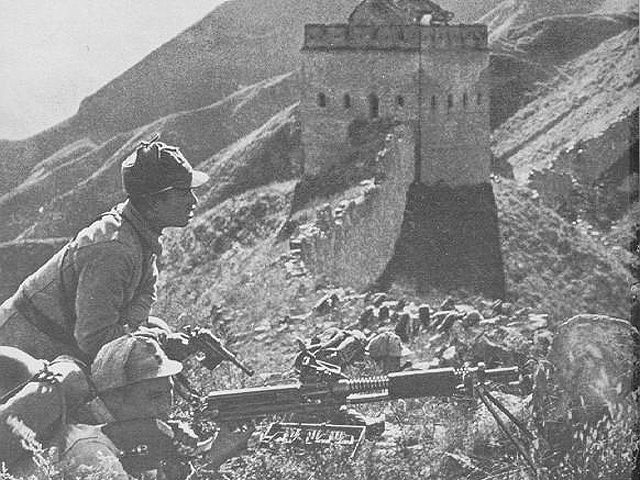
Between 1937 and 1945, almost four million Chinese soldiers from both armies were either injured or killed before Japan surrendered in 1945.
The subsequent experiences of these veterans proved very different from their communist and Taiwan-based counterparts. Many became the targets of suspicion and persecution, according to 93-year-old Fu Guoqian who has, since the war, been labelled a KMT reactionary, a spy and political criminal.
On the wall of Fu’s room hangs a photo taken 70 years ago. The young, handsome KMT lieutenant bares little resemblance to the old man now standing beside it with silver hair and a hunchback. The intervening years have been testing for the elderly veteran.
Born into a rich Chinese family in Thailand, Fu traveled to China aged 19 and, full of patriotic dreams, joined the army in 1939. After graduating from Whampoa Military Academy in 1943, he was sent to the Sino-American Special Technical Cooperative Organization (SACO), an intelligence agency built to strengthen collaboration between China and the US. After the war, Fu spent several years working in Beijing and Datong where, in 1949, he was captured by the PLA, sentenced to 15 years in jail and sent to Xinjiang for “re-education.”
“I don’t ask for much; I only wish to be treated fairly,” he laments. “I fought against the Japanese, why on earth did I become a war criminal?”
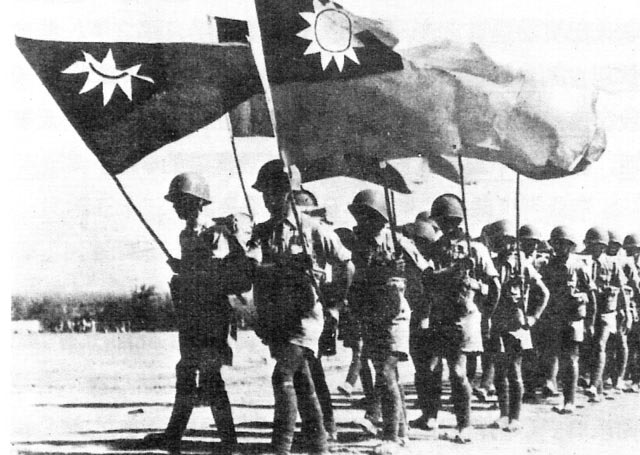
As the Sino-Japanese War broke out in July 1937, the KMT and the Chinese Communist Party (CCP) suspended their civil conflict to form the Anti-Japanese National United Front.
Fu’s family also suffered for his past. During the Cultural Revolution, his wife buried any items linked to her husband by a river bank. While he was in jail, she wept to herself at night and would tell their son: “If anybody asks anything related to your father, tell them you don’t have one.”
Nonetheless the young Fu Shengli was still bullied at school and his later life was also haunted by the shadow of his father’s “political issues.” His application to join the PLA was rejected in the “political investigation” process and when he later worked in a state-owned factory, promotion proved impossible, no matter how diligently he worked.
“Sometimes I blamed my father. But who should my father blame?” he asks.
Such difficulties are not uncommon among the KMT veterans that the researcher Xue Gang has encountered in his work with former soldiers.
“We are taught that everybody should be responsible for their country’s fate but who is going to be responsible for the individuals?” he asks. “If it were the special circumstances of the period that caused the veterans’ tragedy, who is going to compensate them for their sacrifice?”
The veterans often found that their choices came to shape their futures in arbitrary ways. Many feel a sense of injustice at being made to suffer for innocent decisions. A veteran in Hunan told Xue Gang: “It was spring. I was working in my field. Then the KMT army came and the leader told me: ‘now our country is in danger, what’s the point in you staying here protecting your home?’ I thought he was right, and at least if I followed them I wouldn’t have to worry about food. But if the Japanese came I might have been killed.” So he joined the army, a decision that came to define his later life.
“I blamed myself afterwards but how could I have known that a legal army of the government would become illegal in the future? For a long time, I kept thinking about what would happen if the army passing by my field had been the CCP instead. Maybe I would have my pension, live in a nice house and be regarded as a national hero.”
Such respect is something that many of these old men had dreamed of, says Xue.
“Only those who were once in the army understand [the veterans] eagerness for honor and recognition, especially in a country where the Anti-Japanese War is so often mentioned and remembered," he says.
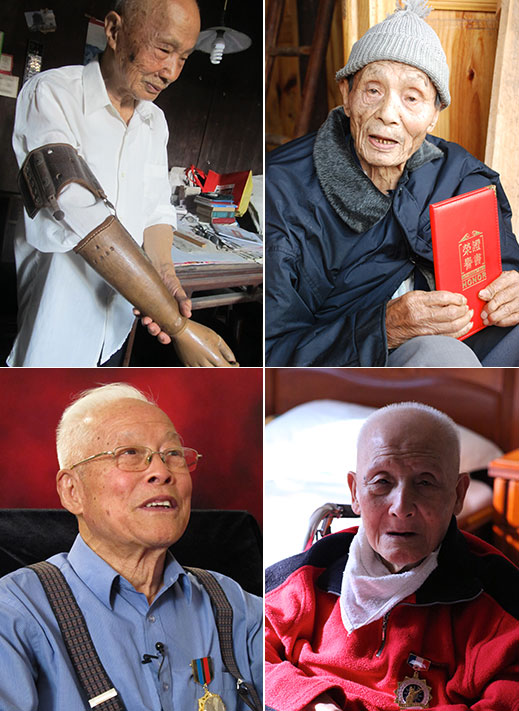
Clockwise from top left: 1) Born in 1919 in Ningbo, Zhejiang, Luo
Zhengda lost his right hand during the
Sino-Japanese war. Never married, Luo
wrote letters to both the local authorities
and the relevant departments in Taiwan,
requesting assistance with his living
subsidies, but was turned down; 2) By the time volunteers found 92-yearold
Chen Xueliang in Tengchong,
Yunnan, he had already lost his sight.
He’s pictured here holding the “honor
certificate” presented to him by Xue
Gang; 3) Wu Jiangping was born in 1913 in
Jinan, Shandong. He fought in the
Marco Polo Bridge Incident in 1937,
which marked the start of the Sino-Japanese
war. As he likes to remind
young people, “Never forget China’s
humiliation and the sacrifice the old
generation made for a free nation”; 4) 97-year-old Zhao Zhenying spent 20 years
in jail due to his association with the KMT.
Zhao, who now lives in Beijing, was present
at the official surrender of Japan in 1945 as
a senior member of the winning side. Today
Zhao is willing to talk about his experience,
which he kept secret for sixty years
believing it to be a “shameful personal
stain." Photos by Noemi Cassanelli.
In the early winter of 2009, Xue and his fellow volunteers bought some military coats printed with “Veterans of World War Two” for former KMT soldiers in remote mountain areas. He says that upon receiving the gifts, the veterans cried as if they had finally received official recognition for their efforts, although the garments had simply been produced by the volunteers. Xue reports that one former soldier put on the coat and walked from door to door through the whole village showing people that he had not lied – he was one of the heroes who had fought against the Japanese.
“They protect everything we give them that relates to their identity as a soldier, no matter if it is a uniform, a flag, a badge or even an envelope with a World War Two logo on it,” says Xue. “They treat them as antiques, wrapping them in clothes and keeping them in the bottom of their cabinets.”
"The war ended almost 70 years ago, they cannot wait for another 70 years."
Fortunately, the ideology and historical narrative surrounding the role of the KMT is slowly changing. Xue claims that tracking down former soldiers has become easier since 2005, when former Chinese President Hu Jintao praised the role of the KMT in the Anti-Japanese War in a speech marking the 60th anniversary of the conflict. Increasing numbers of volunteers are working to raise awareness for war heroes and encourage more open discussions about their role.
In July 2013, China’s Ministry of Civil Affairs announced that although KMT veterans are still not included in the state’s commitment to care for former soldiers through the national social security system, it is “still paying high attention to the issue and asks all levels of government organs to provide related social assistance.” This is certainly a welcome development, but sadly one that may prove too late, says Xue.
“It is not perfect but at least it shows significant progress. I am still waiting for more announcements and clearer ones too,” he says. “The veterans are old, some disabled, abandoned by their family or regarded as bringing bad luck to people around them.
“I don’t know how long these people can wait. The war ended almost 70 years ago, they cannot wait for another 70 years.”

In July 2013, China’s Ministry of Civil Affairs announced that although KMT veterans are still not included in the state’s commitment to care for former soldiers through the national social security system, it is “still paying high attention to the issue and asks all levels of government organs to provide related social assistance.”
But the shift in attitudes, although small, is a welcome development for many former KMT soldiers who previously hid their past lives, including 97-year-old Zhao Zhenying, who was accused of being a counter-revolutionary and sentenced to 20 years in jail in 1969.
“I never mentioned anything about those days to anybody. I thought it was shameful,” he explains.
But in the year of the war’s 60th anniversary, while watching a documentary about the Japanese surrender, he said quietly to his son: “I attended the ceremony that day.”
“Outside as a bystander?” asked his son.
“No, inside the hall, as a member of the winning side. I witnessed the whole process – how the Japanese Commander-in-Chief Yasuji Okamura [surrendered] to General He Yingqin,” he told him.
Zhao recalls that his son was shocked, unable to believe that his father, who he had been ashamed of in his youth, was one of the heroes honored at the event. It was a small but invaluable moment of recognition for the aging veteran.
Pictured at top: Family members, friends and volunteers bid farewell to former KMT veteran Jiang Dazong, at Beijing’s Babaoshan Cemetery.
This article first appeared in the May 2014 issues of That's Shanghai and That's Beijing. To see more Throwback Thursday posts, click here.
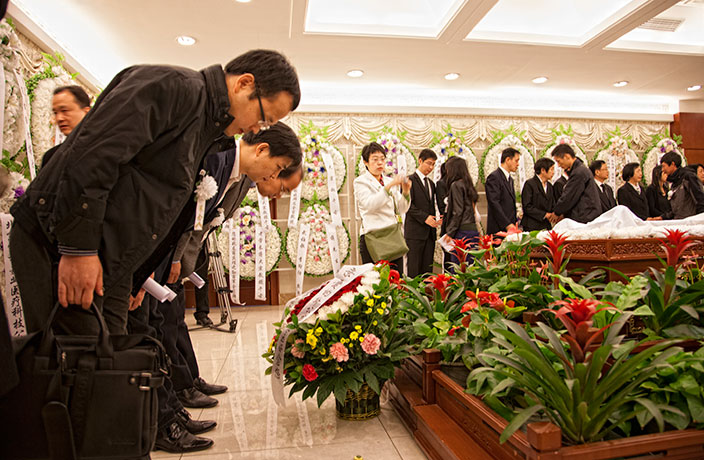





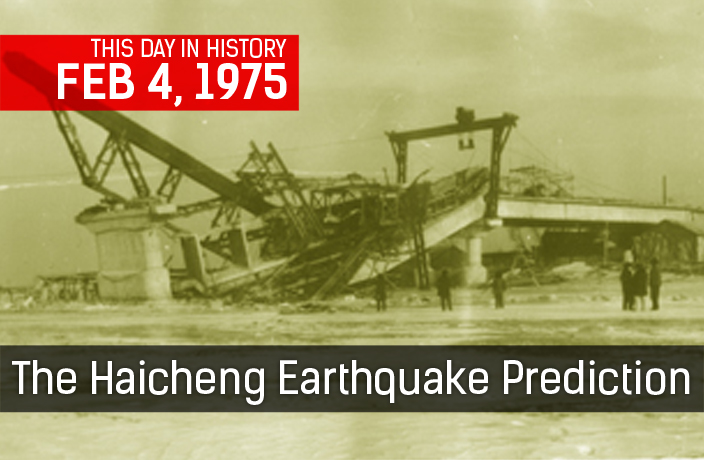
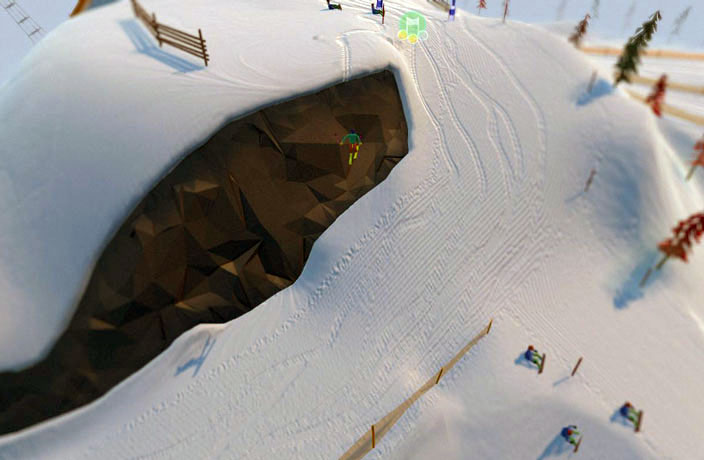














0 User Comments